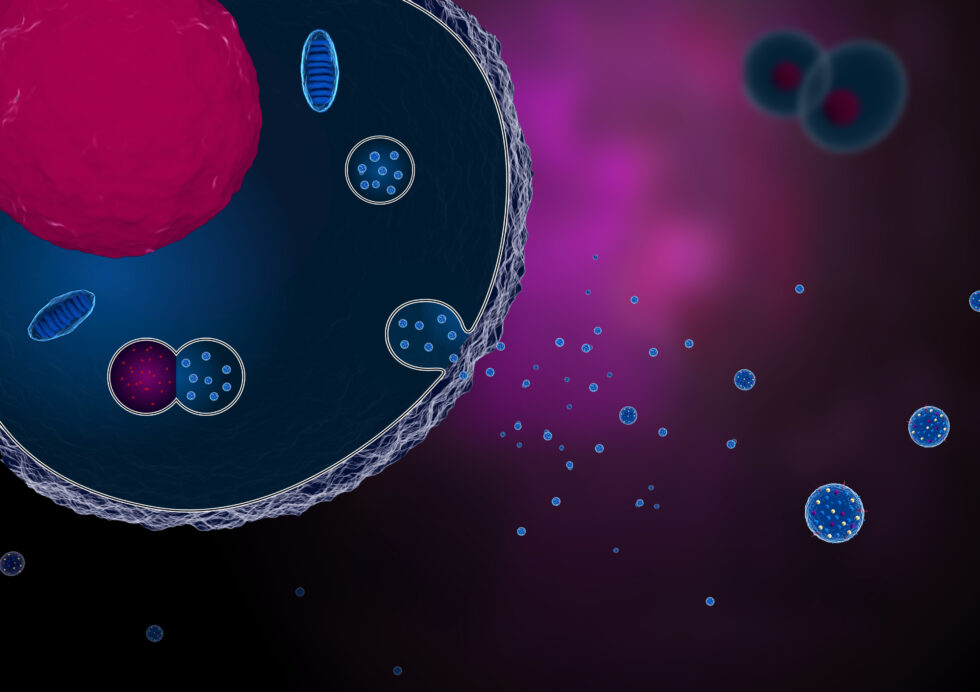Menopause: the term signifies the ending of a women’s menstrual cycle. It is diagnosed once you have gone 12 months without having a menstrual period. Menopause sometimes happens in your 40s or even 50s. However, the average age is 51 in the United States.
Menopause in women is a natural biological process. But the physical symptoms, like hot flashes and psychological indications of menopause, can disrupt your sleep, drop your energy, or influence emotional well-being. There are several efficient therapeutic approaches available, from lifestyle alterations to hormone therapy.
While approaching menopause, some months or years before menopause, you may encounter perimenopausal indications or symptoms:
- Irregular periods
- Vaginal dryness
- Hot flashes
- Chills
- Night sweats
- Sleeping disorders
- Mood swings
- Weight gain due to slowed Metabolic Rate
- Thinning hair
- Dry skin
- Loss in breast fullness
Symptoms and signs, such as menstruation imbalance, may vary from female to females. Mostly, you may encounter some irregularity in your periods a month or two before achieving the final state.
Skipping periods throughout perimenopause is normal as well as also expected. Moreover, menstrual phases may jump a few months and get back. In some cases, the cycle bypass several months then starts monthly cycles for a month or two. Periods may sometimes tend to transpire on shorter cycles, so they are closer together. Despite a woman having irregular periods, there is a possibility of getting pregnant. In case, you have skipped a period, however, are not convinced you have begun the menstrual transition, then go for a pregnancy test.
When is time to visit a physician?
Maintain routine visits to your doctor for preventative healthcare along with any medical concerns. Continue getting these appointments throughout and soon after menopause.
Preventive health care as you age may include recommended overall health screening evaluations, for example, colonoscopy, mammography, and triglyceride screening. Your doctor might recommend you to undergo some other tests and exams, too. It may include thyroid testing if suggested by your history and breast and pelvic examinations.
Rush to seek medical advice if you suffer from bleeding from the vagina even after menopause.
A logical approach to counter menopausal symptoms.
Cell Therapy California a logical approach to counter menopausal symptoms. Once cells in bone marrow have been injected into the uterus of 33 ladies, the scientific community is anticipating the new treatment may be able to help reverse the consequences of early menopause and even allow women to continue having children inherently. The trial focused on women with premature ovarian failure (POF), and after only six months of treatment, they started having periods again.
To know the far-reaching results of the new treatment, we must first understand to what extent menopause and POF can impact women.
When happening after the age of 40, menopause is quite a usual condition. It marks the end of a woman’s reproductive years as her body finishes releasing an egg every month. Sadly, while it is natural, it can produce several uncomfortable changes in the body like slowed metabolism, weight gain, mood changes, hot flashes, thinning hair, and dry skin.
When menopause appears before the age of 40, it is recognized as premature ovarian failure or also known as primary ovarian insufficiency. Women influenced by POF, get infertile and develop dementia, depression, anxiety, heart disease, and osteoporosis.
Until now, zero fertility treatments could accommodate 1 in every 100 women troubled with POF. Some physicians prescribe hormonal replacements to treat other indications of POF. But even then, their possibilities of having children are reduced by half, and the injection regimes are difficult to keep up with it. Another alternative that women seek egg donors but, due to religious, cultural, ethnic, or monetary reasons, many women enables to do so.
The purpose of the starting cell study by US scientists was to support improvement like life and reverse unproductiveness, and so far, it looks like they have just achieved that. Their findings were manifested at the Society of Reproductive Investigation, and while the study is ongoing, the results are cause for celebration.
Women who acquired Cell Therapy in California experienced increased estrogen levels, getting rid of hot flashes and insomnia decreased, and subsequently six months, their periods started again. What is more, no complications or safety issues have been challenged, making it an extremely viable alternative for women going forward.
Specialists conclude Cell Therapy California gives hope for women with POI, and they can get pregnant naturally or have fertility treatment using their own eggs.
They also share the optimism of those who were involved, saying these preliminary conclusions are interesting. These conclusions are validated under experimental protocols & their associations to female fertility, and reproductive hormonal function may prove extremely significant.
How Cell Therapy California treats infertility?
Through the injection of cells acquired from bone marrow, the ovarian function gets aroused, enabling the return of ovulation and healthy hormone levels, and the possibility of pregnancy. Evolved medical are helping women who get sterile by offering cell therapy for female infertility as the alternative treatment for infertility across the board will be investigated.
It is not the first study investigating the use of cells in treating infertility. Back in 2009, scientists showed that it was possible to separate cells in mice, store them, and then transplant them back into sterilized females to allow them to give birth.
But, in this most recent research from US researchers, subjects can reactivate their ovaries.
The scientific fellowship and women everywhere in California appreciating cell therapy as it empowers sterile women to get pregnant again.




